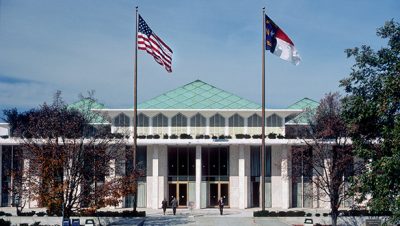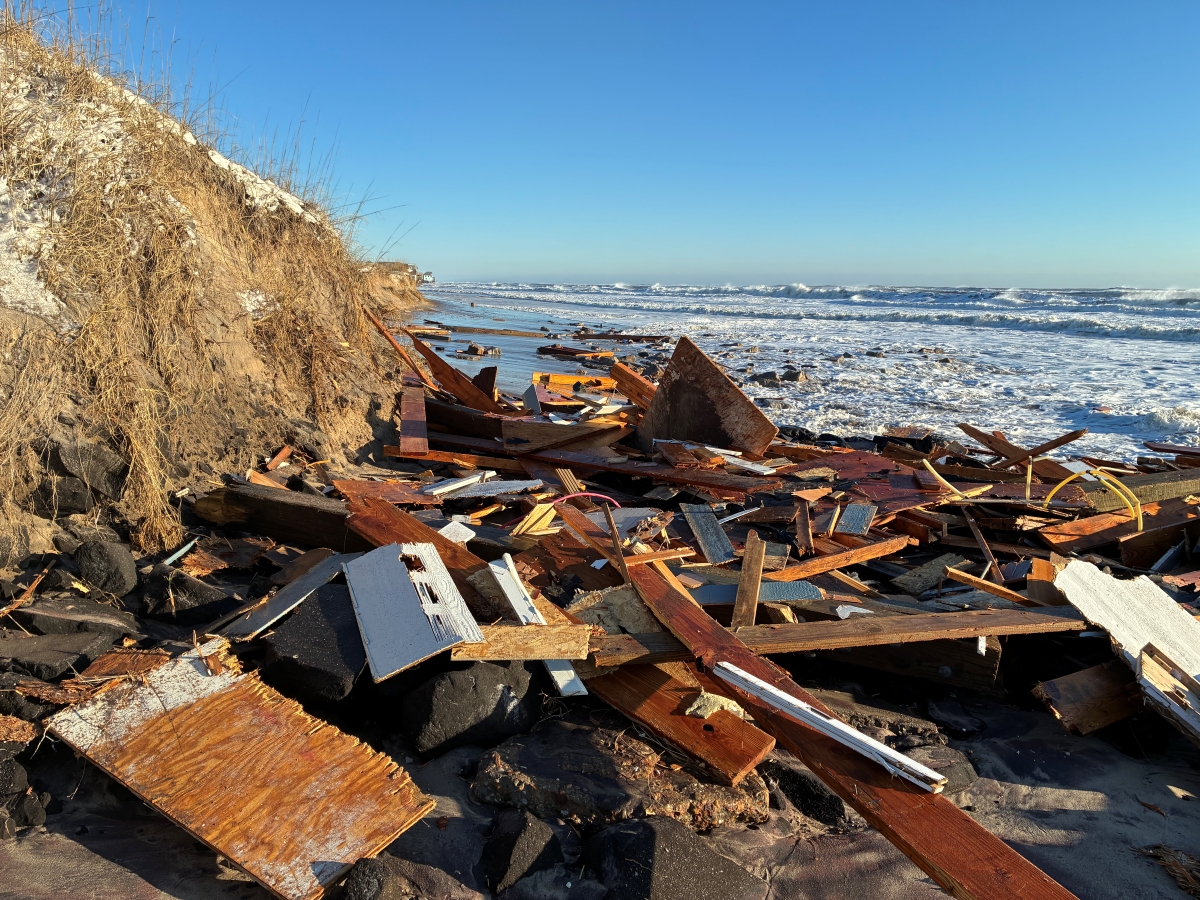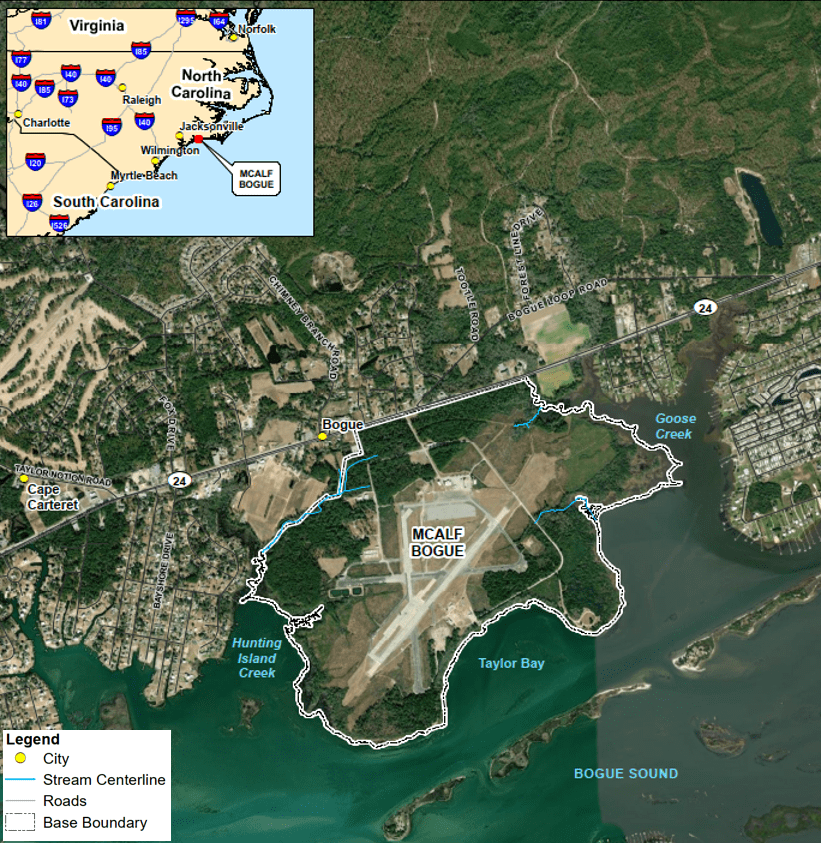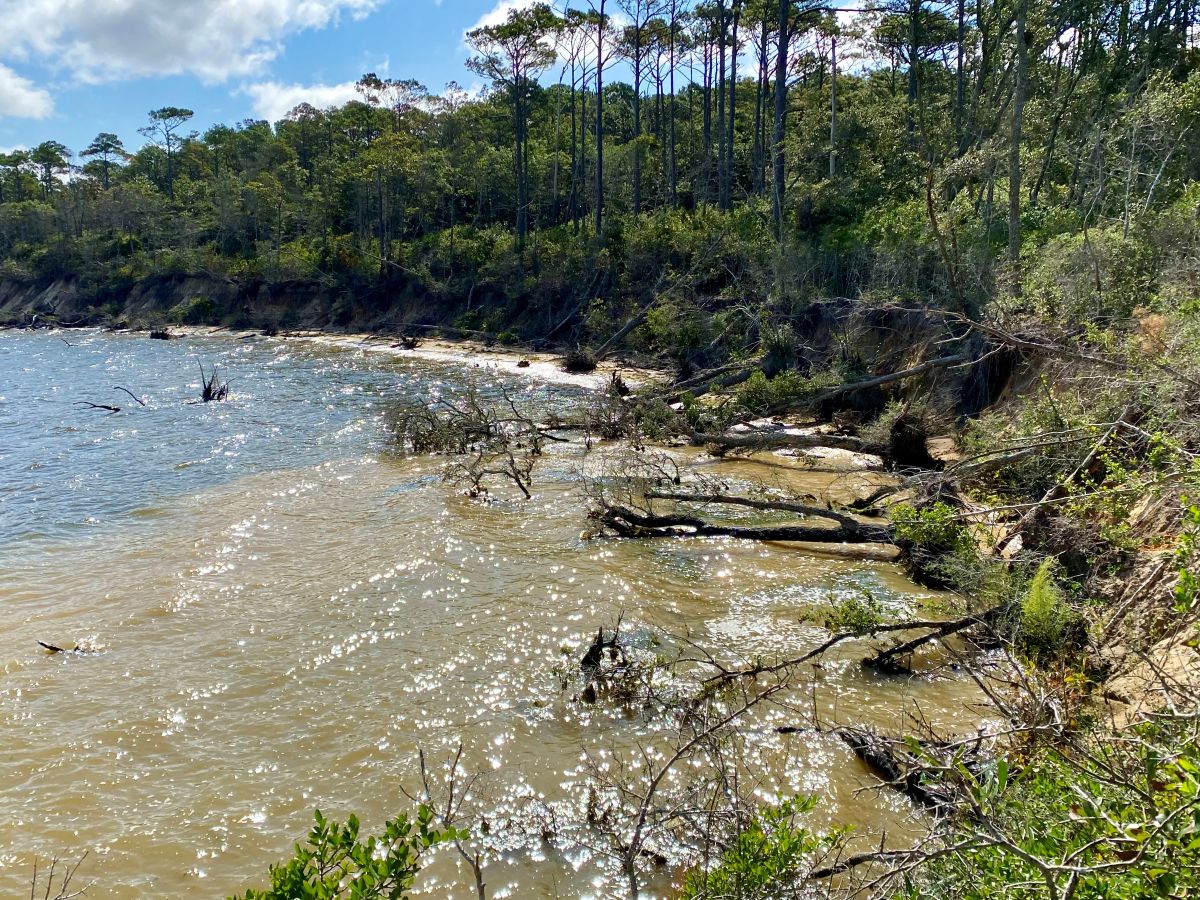RALEIGH – More money for conservation trust funds and clean water projects and a number of special provisions supporting oyster revitalization efforts are among the adjustments in this year’s state budget approved by the N.C House of Representatives.

The House gave final approval for the $22.2 billion budget yesterday in a 103-12 vote, one of the widest margins in recent years. The spending plan now goes to the state Senate, which is working on its version.
Supporter Spotlight
The budget makes several key adjustments to the two-year spending plan passed last year, many of them the result of $450 million more in available revenue than projected.
The big-ticket items are pay increases for teachers and state employees, but the House budget also includes an additional $5 million for the state’s Clean Water Management Trust Fund, bringing its total funding for this year to $18.8 million. The state’s Agricultural Development and Farmland Preservation Trust Fund got a $1 million increase with its total allocation for the fiscal year set at $3.6 million. The budget also maintained a planned $6 million increase agreed on last year for the Parks and Recreation Trust Fund.
The clean water fund provides grants to state agencies, local governments and nonprofit groups to clean up or protect surface waters in the state. Before Republicans took over the N.C. General Assembly in 2010, the fund received as much as $100 million in appropriations. Republicans cut the fund to $10 million in 2013.
The farmland fund works to preserve family farms, and the parks fund provides grants to local governments for park projects. Its budget has also been slashed in the last five years.

The three funds, along with the Natural Heritage Trust Fund, were the major sources of state money used to protect land and water quality. The legislature abolished the natural heritage fund in 2013 and folded its functions into the clean water fund. At their height in 2007-08, the four funds had $289 million available for grants, or about 10 times the money the remaining funds will have this year.
Supporter Spotlight
But Will Morgan was looking on the bright side. “I’d say this is the best budget we’ve gotten out of the House in years in terms of conservation,” said Morgan, director of Government Relations with the Nature Conservancy. “It’s definitely a step in the right direction.”
Rep. Chuck McGrady, R-Henderson, one of the main budget writers for the House said he was glad to make good on a pledge to devote some of any surplus to the conservation funds.

McGrady said another significant jump is $3.8 million added back into water infrastructure funding. Much of that, he said, will go into fixing failing sewer systems, many of which are located in the eastern part of the state.
“I think the General Assembly is looking to make sure we fund water and sewer infrastructure,” he said.
Rep. Pricey Harrison, D-Guilford, said that while encouraging, the amount budgeted is still nowhere near the original levels set when the trust funds were started.
“It’s a big improvement when you put it in the context of how bad it was,” Harrison said of the trust fund levels. “But if you put it in the context of how well it once was funded, we’re barely back to where we were.”
Oops! Program Restored
The Natural Heritage Program, which lost both positions and much of its funding over the last two budget cycles saw a complete turnaround this year with restoration of $489,750 in funding and 6.2 positions.

In budget briefings, McGrady said the restoration of funds was needed to allow the program to keep up with projects around the state that require review by the program.
Part of the N.C. Department of Natural and Cultural Heritage, the program catalogs the state’s rare habitats and the location of its more threatened animals.
Morgan said the program is essential in assisting conservation groups and state agencies. He said the Clean Water Management Trust Fund uses a Natural Heritage score in part of its determination of the value of projects. It’s also a requirement for utility companies in choosing routes for gas and power lines, including the planned Dominion natural gas pipeline through northeastern counties.
Morgan said the additional funding will allow the program to hire back laid-off workers and work through its backlog.
Oysters among special provisions
Oyster sanctuaries, which saw new funding in last year’s budget, also got a substantial infusion of money this year with $1.5 million added to support to the program bringing the total spending planned for this fiscal year to $1.8 million.
The budget also includes several shellfish related special provisions. The provisions would:
- Authorize the state Division of Marine Fisheries and the Department of Environmental Quality to carry forward up to $500,000 in unspent funding for cultch planting;
- Direct funding for oyster brood stock for the Division of Marine Fisheries go directly to the University of North Carolina-Wilmington for development of brood stock to provide seed for aquaculture;
- And change the due date for shellfish leases from April 1 to July 1, allow for smoother transfer of shellfish leases and increase the possible duration of a shellfish lease for demonstration or research purposes from two years to five years and increase the threshold for what is considered commercial shellfish production for those leases from $1,000 to $5,000.
Among the significant items proposed by the McCrory administration that are not in the House budget is a request from the Department of Environmental Quality for an additional $5 million for litigation costs. Department officials told legislators during hearings on the budget that they wanted the money to handle extensive discovery costs associated with coal ash legislation.
House members were skeptical of the request, which comes as the administration and legislators continue to disagree on coal ash oversight. McGrady has said he wants to re-establish the Coal Ash Management Commission, but Gov. Pat McCrory, who successfully fought against the commission in court, has resisted the idea.
The House underlined its concern on the matter this week with a budget amendment eliminating an unfilled attorney position at DEQ.
McGrady said he expected the move to be a “conversation starter” in negotiations with the Senate.
Other special provisions include authorization for the Wildlife Resources Commission to spend up to $200,000 for advanced planning for renovations of the Lake Mattamuskeet Lodge. A report on the plans is due to legislators next January.
The budget also expands the type of projects that can be funded under the state’s aquatic weed control program. The program was restricted to only state lakes, but under the new provision would be expanded to all waters of the state, allowing requests for control projects for rivers and streams clogged with hydrilla.







